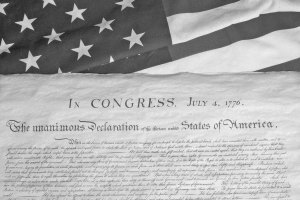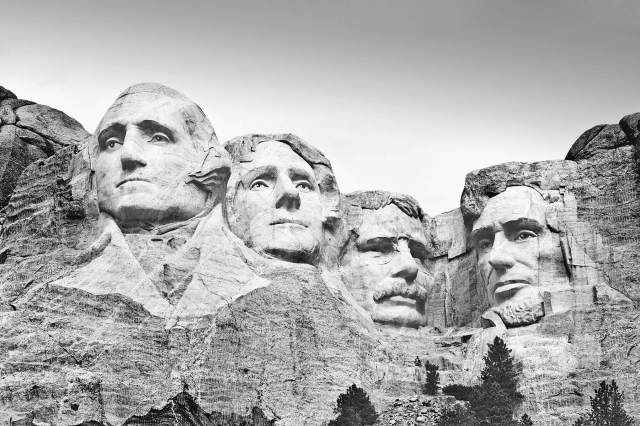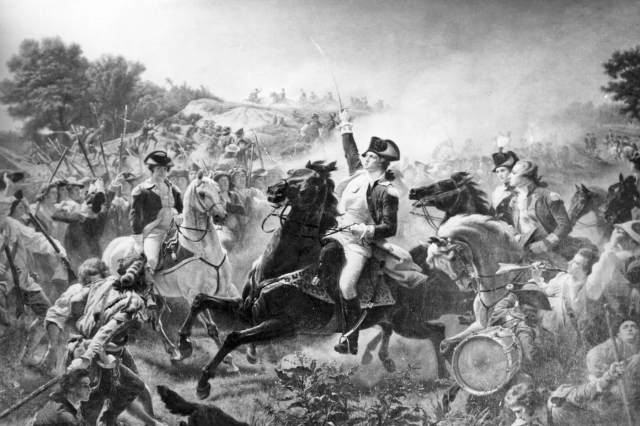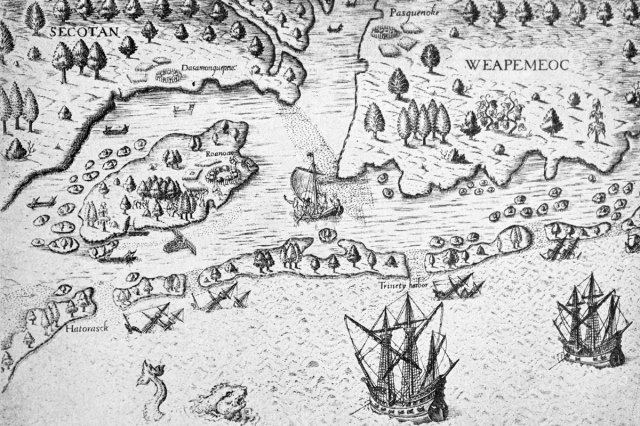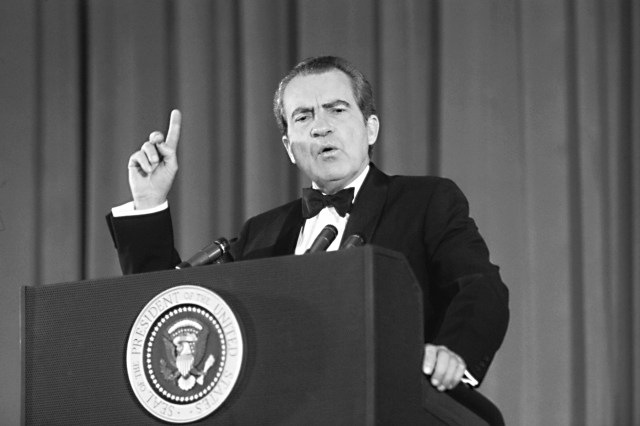During WWII, the U.S. coded messages in the Navajo language.
Diné bizaad is an Indigenous language primarily used by the Navajo, or Diné, people of the American Southwest. Not only is the language complex, but it’s traditionally passed down orally. During World War II, the United States military used this to its advantage by recruiting Navajo people fluent in both English and Diné bizaad, dubbed “code talkers,” to transmit secret messages among Allied forces.
The U.S. military wasn’t the first to use the tactic — members of Cherokee, Lakota, and other nations used their native tongues to evade German detection in World War I. The Marines, however, established the first formal training program for code talkers, and 29 Navajo completed the training in 1942. Recruits developed and memorized a two-part secret code inside a guarded room. The first part used 26 Diné bizaad words to stand in for letters of the English alphabet. The next part was more complex, and required making up hundreds of terms for English words that didn’t have a direct translation — for example, “iron fish” for “submarine,” and “humming bird” for “fighter plane.”
Even after recruiting more trainees into the program, the Marines struggled to find enough soldiers fluent in both languages to scale the program. But where code talkers were deployed, they passed along information with incredible security and accuracy. The Navajo Marines provided a valuable and often dangerous service to the U.S. military and its allies, but ironically, many had attended government or church-run boarding schools where they were punished for speaking languages other than English. After the war, the code talkers and their service went completely unacknowledged for decades. Their mission stayed classified until 1968, in case the military wanted to use the code again. In 2001, the original 29 code talkers were finally awarded the Congressional Gold Medal, and the rest were awarded the Congressional Silver Medal.








